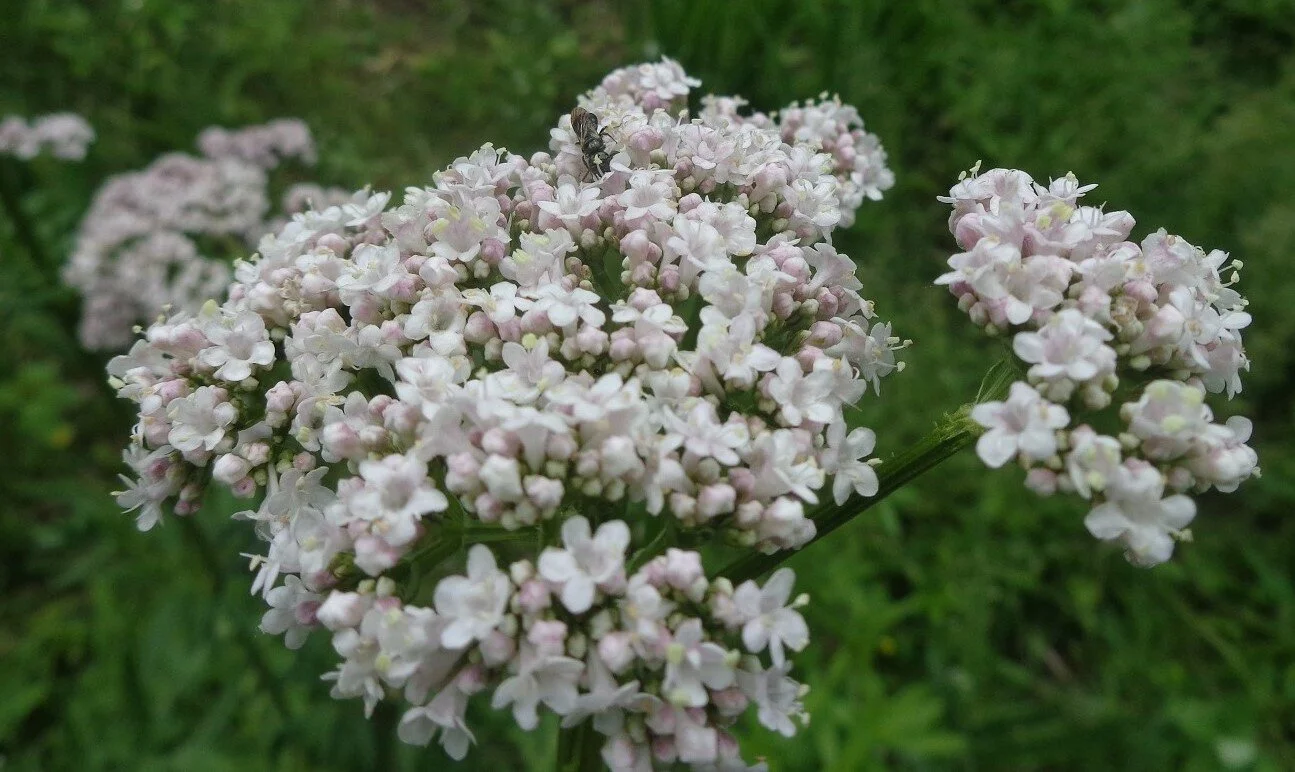Bee Balm Trio
Bee Balm Trio
Type: Herbaceous Perennial
Flower Structure: Tubular flowers covering globular heads
Bloom Period: Summertime
Bloom Color: Lavender, Pink and Purple
Pollinators: Bees, Butterflies and Moths - particularly mid-to-large sized species – and Hummingbirds
Habit: Spreading clumps (2.5 to 4 feet tall by 2 to 4 feet wide)
Light: Full Sun to Part Shade
Hardiness: Zone 4 through Zone 9
Shipped: 3 Mature Bare Root Plants
Ship Dates: Spring shipping begins mid-April, Autumn shipments start in mid-October
This Bee Balm collection is a beautiful mix of lavenders, purples and pinks. Native to the United States and Canada, Bee Balm – also known by it’s tea names of oswego and bergamot - is a highly desired pollen and nectar source for bees, butterflies and hummingbirds alike.
Found most commonly in the wild in moist sites such as low-lying thickets and woodland creek edges, Bee Balm thrives in rich, soils with regular access to moisture.
A rhizomous and and self-seeding herbaceous perennial, Bee Balm quickly forms attractive, flavorful colonies both the human eye and tea-loving taste buds, as well as to many pollinators. The flowering season typically lasts about eight weeks, followed by a seeding season which also provides decorative, ball-like seed heads for viewing.
Care:
Bee Balm is a relatively low care plant once established. Mainly, provide water during dry periods, as Bee Balm thrives in moist conditions. Additionally, encourage good ventilation around the plants. Doing these two things will help prevent the appearance of leaf molds such as powdery mildew in mid to late summer.
Bee Balm does well in full sun to part shade in the north. In warmer climates, providing partial shade is essential. Grow Anise Hyssop or Gayfeather flanked by Betony and early-pruned St. John’s Wort in the foreground of Monarda for a stunning pollinator dreamland throughout the summer.
Bee Balm can be divided to satisfaction every 2 to 4 years.








